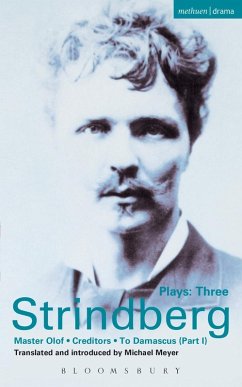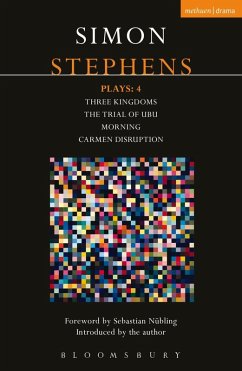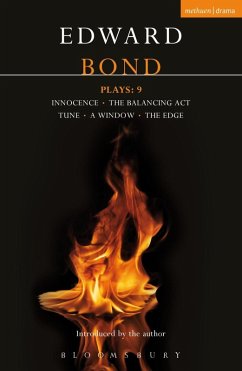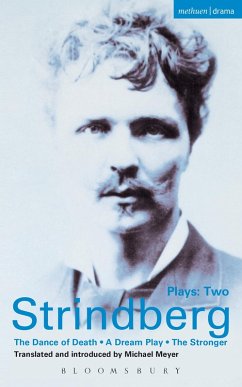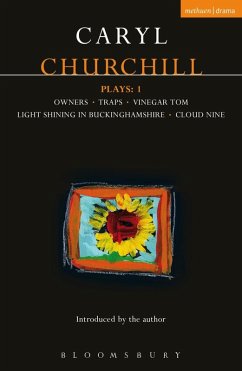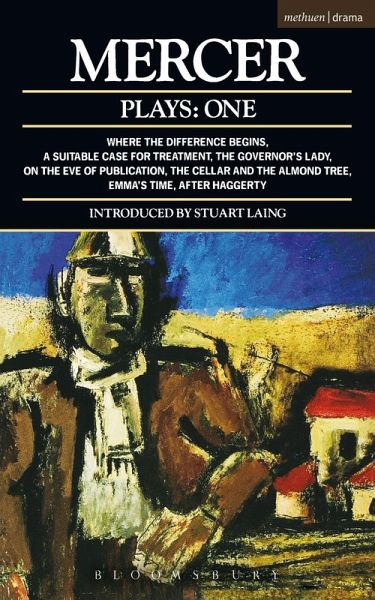
Mercer Plays: 1 (eBook, ePUB)
Where the Difference Begins; A Suitable Case for Treatment; The Governor's Lady; On the Eve of Publication; The Cellar and the Almond Tree; Emma's Time; After Haggerty
Versandkostenfrei!
Sofort per Download lieferbar
18,95 €
inkl. MwSt.
Weitere Ausgaben:

PAYBACK Punkte
9 °P sammeln!
The first volume of stage and TV plays by one of the best British TV writers Where the Difference Begins, a naturalist play for television, is about the "difference" between thirties deprivation and fifties affluence, between material prosperity and its accompanying spiritual and political apathy, as embodied by sixty-year-old railwayman Wilf and his sons; A Suitable Case for Treatment, a play for television, portrays a man who, on account of his communist beliefs, is unable to conform to the world around him and associates more with the gorilla he sees in the zoo than with his own wife; The G...
The first volume of stage and TV plays by one of the best British TV writers Where the Difference Begins, a naturalist play for television, is about the "difference" between thirties deprivation and fifties affluence, between material prosperity and its accompanying spiritual and political apathy, as embodied by sixty-year-old railwayman Wilf and his sons; A Suitable Case for Treatment, a play for television, portrays a man who, on account of his communist beliefs, is unable to conform to the world around him and associates more with the gorilla he sees in the zoo than with his own wife; The Governor's Lady is set in colonial Africa focussing on a reactionary central figure; broadcast on BBC TV during the lates 60s and early 70s The Kelvin trilogy (On the Eve of Publication, The Cellar and the Almond Tree and Emma's Time) moves between Britain and Eastern Europe, the the past and the present. After Haggerty, Mercer's first major stage success is, in the playwright's own words "an intervention and a commentary on the supposed revolutionary theatre of 1968 and after."Mercer "demands in my mind the saem love and esteem I feel for Gorky. They share a generosity of spirit, a desire for change, and a savage compassion for those who must be changed." David Jones (director)






